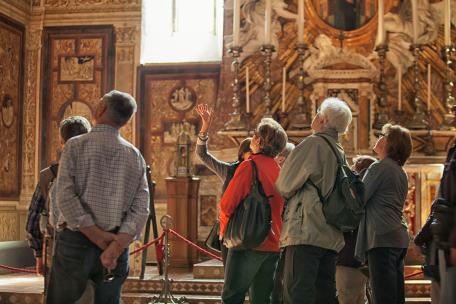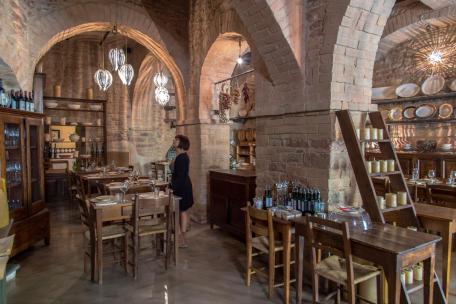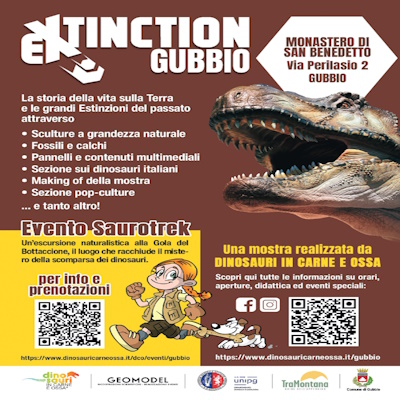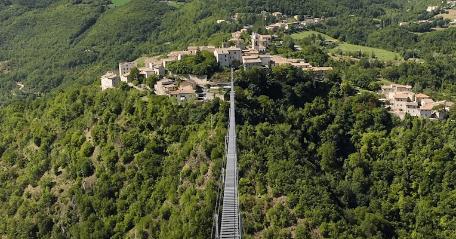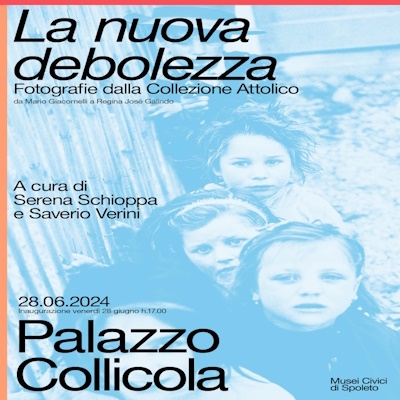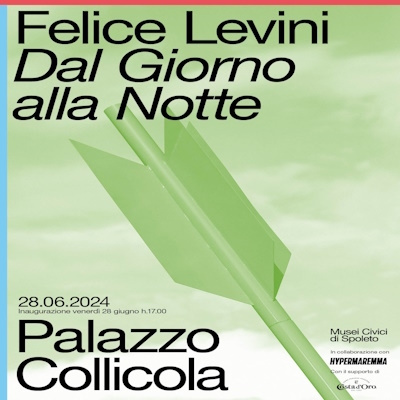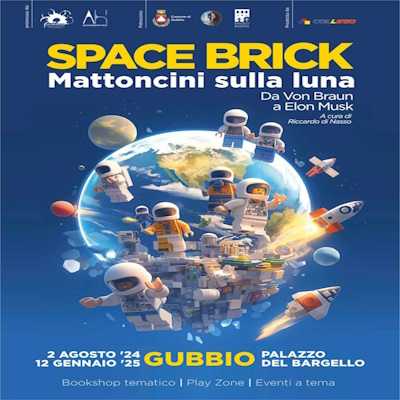Città di Castello still today preserves a few stretches of its famous 16th century city walls which spread along the valley of the river Tiber, precisely where the Romans once built the municipium of Tifernum Tiberinum.
Enshrining an invaluable cultural, religious and historical heritage, the town is still today considered a crucial reference point for ancient and Renaissance history, to the point of hosting a number of events and folk festivals.
The tour in Città di Castello starts from the 14th century Porta Sant'Andrea. We then walk up the tower of San Giacomo. The heart of the tour is without doubt the Palace of the Podestà which looks onto piazza Matteotti. The building is credited to Angelo da Orvieto, although today only one of the façades actually dates from the 1300s, whilst the other one and the loggias were built later, in the 17th century.
Worth of a visit is the charming Pinacoteca Comunale, one of Umbria's most important picture galleries. Important artworks are displayed in its over 20 rooms, such as Raphael's Stendardo della Santissima Trinità, or the Martyrdom of St. Sebastian by Luca Signorelli.
If you are instead keen on ancient crafts and artisanship, you must not miss the Collezione Tessile di Tele Umbra, hosted in the Tommasini palace. This is a veritable museum of fabric, developed with the aim of protecting and promoting this characteristic local production. Here it is possible to closely admire unique pieces such as carpets and tapestries, as well as the instruments that were used during the various phases of their manufacture.
And after many hours of walking and beauty, we can also find the time to rest in front of a good baggiana, a local soup made of beans, tomatoes, and basil, and served with a tigella, a kind of flatbread which is usually enjoyed with cold-cuts and cheeses.
Other local products worth tasting are the white truffle of Città di Castello, and chestnuts.










